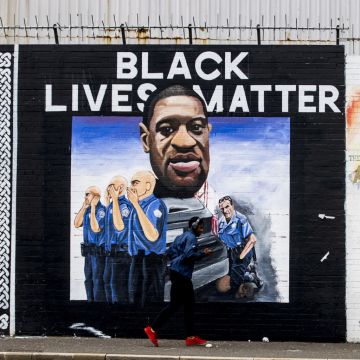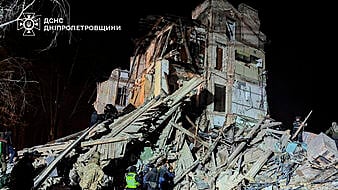A proposal to replace the Minneapolis Police Department with a new public safety unit goes to the city’s voters this week.
The idea on Tuesday’s ballot has its roots in the abolish-the-police movement that erupted after George Floyd was killed by a Minneapolis police officer last year.
It draws strong support from younger black activists energised by Mr Floyd’s death, as well as from some black and white residents across the liberal city.
But the plan, which would drop a requirement that the city have a minimum number of police officers, has aroused concern in some of the city’s most dangerous neighbourhoods, where many black residents fear it would make them more vulnerable just as violent crime is spiking.
The debate over racial justice in policing that erupted after Mr Floyd’s death has brought national attention to Tuesday’s vote, as well as a river of out-of-state money seeking to influence an outcome that might shape change elsewhere, too.
The campaign has been bitter.
Opponents have attacked the ballot question as vague, with no concrete plan for what comes after passage.

Supporters say opponents are overblowing fears about a falloff in police presence, and the prospect that the city’s popular black police chief, Medaria Arradondo, will quit if the initiative passes.
Mayor Jacob Frey, who opposes the ballot question, is facing a tough reelection fight, with his two top opponents urging their supporters to leave him off their ballots in the city’s ranked-choice voting system.
Raeisha Williams, an activist with Guns Down Love Up, said she believes the plan’s supporters are mainly white residents who have not experienced police misconduct or the violence that black residents are seeing on the north side.
Her brother, Tyrone, died in a shooting there in 2018.
“It’s like our voices are not heard — they are hijacking a movement yet again and making it their own,” said Ms Williams, who is black.
JaNae Bates, one of the young, black activists leading the movement to pass the ballot proposal, said her group worked hard to take all voices into account.
Ms Bates said more than 1,400 of the roughly 20,000 signatures on the petitions to get the measure on the ballot came from north side residents.







